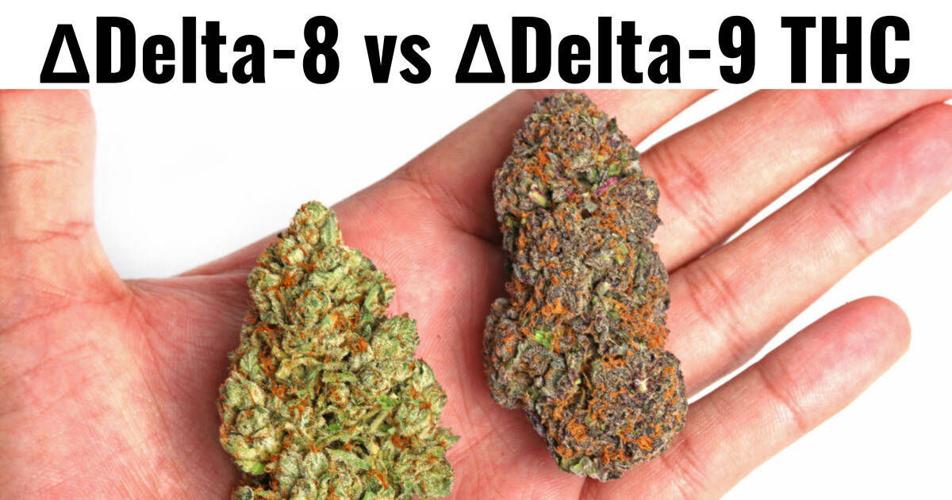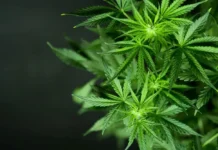Delta 8 THC and Delta 9 THC are two cannabinoids found in cannabis. They have similar structures and effects but some important differences. Understanding these differences can help consumers make informed choices about their use.
Delta 9 THC is known for its potent psychoactive effects, while Delta 8 THC offers a milder high. Many users are turning to Delta 8 products for a smoother experience. For more detailed information and products, check out galaxy treats.
1. Chemical Structure and Sources
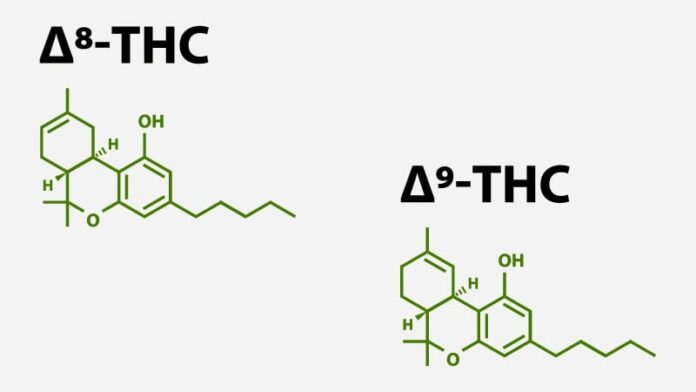
Both Delta 8 and Delta 9 THC are cannabinoids, meaning they interact with the body’s endocannabinoid system. Their chemical structures are nearly identical, with only a slight difference in the placement of a double bond. Delta 8 THC has this bond on the eighth carbon chain, while Delta 9 THC has it on the ninth. This small structural difference significantly affects their interactions with cannabinoid receptors.
Delta 9 THC is the most abundant psychoactive compound in cannabis. It is the primary substance responsible for the “high” associated with marijuana. Delta 8 THC, on the other hand, is found in much smaller quantities. It is often derived from hemp or synthesized from CBD, making it more accessible in regions where Delta 9 THC is restricted.
2. Psychoactive Effects
Delta 9 THC is well-known for its potent psychoactive effects. It binds strongly to CB1 receptors in the brain, leading to the euphoric and sometimes anxiety-inducing high that many users experience. These effects can vary significantly based on the strain, dose, and individual tolerance levels. High doses of Delta 9 THC can sometimes lead to intense paranoia or even mild hallucinations, making it a double-edged sword for those prone to anxiety.
Delta 8 THC also has psychoactive properties, but its effects are generally considered to be milder. Users often report a smoother, more clear-headed high with less anxiety and paranoia compared to Delta 9 THC. This makes Delta 8 appealing to those seeking the benefits of THC without the intense psychoactive experience. It tends to offer a more relaxed and sedative effect, which can be beneficial for users looking for relief from stress or minor aches without a pronounced high.
3. Legal Status
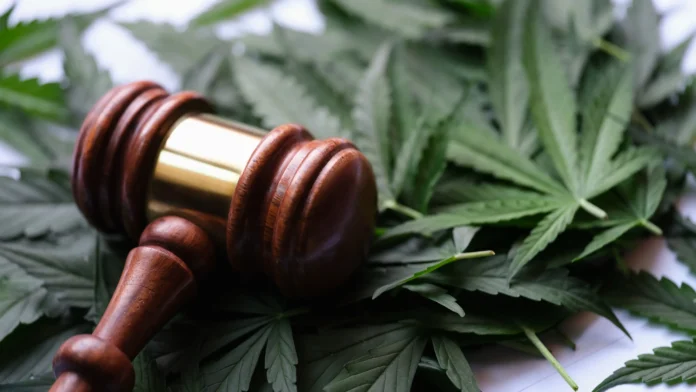
One of the most significant differences between Delta 8 and Delta 9 THC is their legal status. Delta 9 THC is classified as a Schedule I controlled substance under federal law in the United States, making it illegal in many states without medical or recreational marijuana laws. This classification groups Delta 9 THC with substances that are considered to have a high potential for abuse and no accepted medical use, despite evidence to the contrary.
Delta 8 THC exists in a legal gray area. The 2018 Farm Bill legalized hemp and its derivatives, including cannabinoids like CBD. Since Delta 8 THC can be derived from hemp, it is technically legal under this bill. However, several states have moved to specifically ban Delta 8 THC, citing safety and regulatory concerns. This patchwork of state laws creates confusion and inconsistency, leaving consumers and businesses in a state of uncertainty about its legal status.
4. Medical Benefits
Both Delta 8 and Delta 9 THC have potential therapeutic benefits, although research is more extensive for Delta 9. Delta 9 THC is used to treat conditions such as chronic pain, nausea, and appetite loss, especially in cancer and HIV/AIDS patients. Its efficacy in reducing chemotherapy-induced nausea and stimulating appetite is well-documented, making it a critical component of many treatment plans.
Delta 8 THC is gaining attention for similar reasons. Preliminary studies suggest it may have anti-nausea, anti-anxiety, and pain-relieving properties. Its milder psychoactive effects make it an attractive option for patients who want the medicinal benefits of THC without the intense high. Early research also indicates that Delta 8 may help reduce inflammation and improve sleep quality, offering a broader range of therapeutic applications.
5. Side Effects and Safety
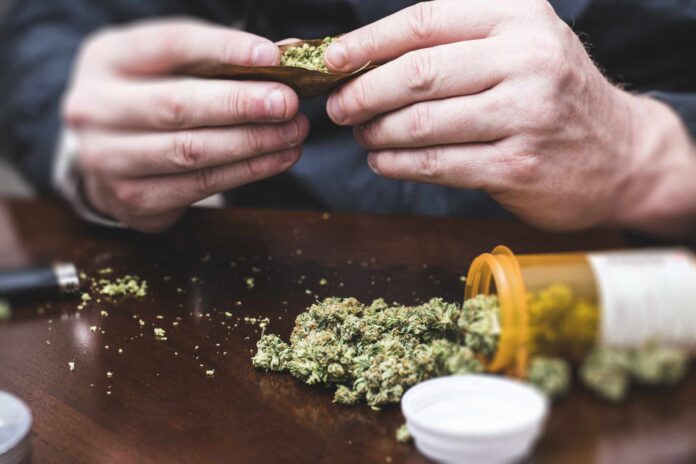
Delta 9 THC can cause various side effects, including dry mouth, red eyes, impaired memory, and anxiety. In high doses, it can lead to paranoia and hallucinations. Long-term use has been associated with mental health issues in some individuals. There are also concerns about its impact on cognitive functions, especially with heavy and prolonged use.
Delta 8 THC is reported to have fewer and less severe side effects. Users typically experience less anxiety and paranoia. However, because Delta 8 THC is less researched, its long-term safety profile is not as well understood.
Some users report experiencing mild sedation or drowsiness, which can be beneficial or undesirable depending on the context. As with any cannabinoid, moderation and responsible use are key to minimizing potential risks and maximizing benefits.
6. Consumption Methods
Both Delta 8 and Delta 9 THC are available in various forms, including edibles, tinctures, vapes, and flower. The method of consumption can influence the onset and duration of effects. For example, vaping provides rapid effects, while edibles take longer to kick in but last longer. Sublingual tinctures offer a middle ground, with relatively quick onset and controlled dosing.
When choosing between Delta 8 and Delta 9 products, consumers should consider their desired effects and tolerance levels. Starting with a low dose and gradually increasing it can help minimize adverse reactions. It is also important to consider the product’s source and quality, as the purity and concentration of cannabinoids can vary widely between different manufacturers and products.
7. Availability and Market Trends
Delta 9 THC products are widely available in states where marijuana is legal. Dispensaries offer a range of products, from flower to edibles and concentrates. The established market for Delta 9 THC continues to grow as more states legalize cannabis.
Delta 8 THC, while newer to the market, is rapidly gaining popularity. It is often marketed as a legal alternative to Delta 9 THC, with many products available online and in stores. However, the regulatory landscape is evolving, and availability may change as laws adapt.
Conclusion

While Delta 8 THC and Delta 9 THC are similar in many ways, they have distinct differences that affect their legality, effects, and uses. Delta 9 THC remains the more potent and widely studied cannabinoid, but Delta 8 THC offers a milder, often legally accessible alternative.

